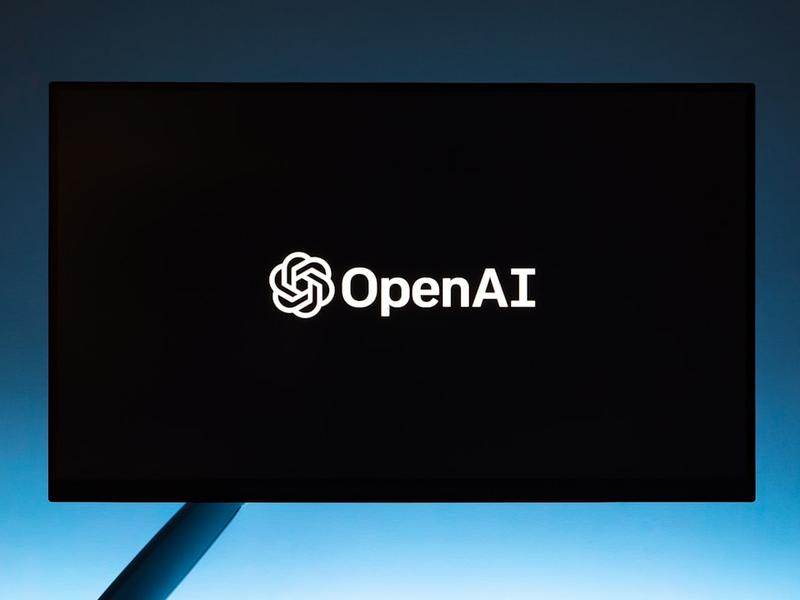AI Drama: OpenAI's GPT-5 Sparks User Rebellion

Photo by Andrew Neel on Unsplash
Tech giant OpenAI is facing heated criticism from users after the release of its latest AI model, GPT-5. The new chatbot, which was anticipated to be a revolutionary upgrade, has instead left many users disappointed and frustrated.
Users on Reddit have been vocal about their concerns, describing the new model as emotionally distant and less nuanced compared to its predecessor, GPT-4o. One user complained that even after customizing instructions, the AI feels more technical and generalized, losing the personal touch that made previous versions engaging.
CEO Sam Altman acknowledged the challenges, promising to address user feedback by improving the model’s performance. He explained that a feature designed to switch between different AI models malfunctioned during the launch, causing what he described as the model seeming “way dumber”.
The controversy highlights a complex relationship between users and AI technology. MIT professor Pattie Maes suggests that while the new model might be less prone to sycophancy and bias, many users prefer an AI that validates their opinions and provides a more emotionally supportive interaction.
Altman himself recognized this phenomenon, noting that many people effectively use ChatGPT as a therapist or life coach, even if they wouldn’t explicitly describe it that way. The company is grappling with the psychological implications of AI interaction, balancing technological advancement with user emotional expectations.
OpenAI has committed to addressing the issues, with plans to double rate limits for ChatGPT Plus users and improve the model’s query routing system. They’re also working on a “thinking mode” that will allow users more control over the AI’s processing depth.
This latest development underscores the ongoing challenges in AI development: creating a technology that is not just technically proficient, but also emotionally intelligent and user-friendly. As AI continues to evolve, the conversation around its design and impact becomes increasingly nuanced.
AUTHOR: rjv
SOURCE: Wired
























































